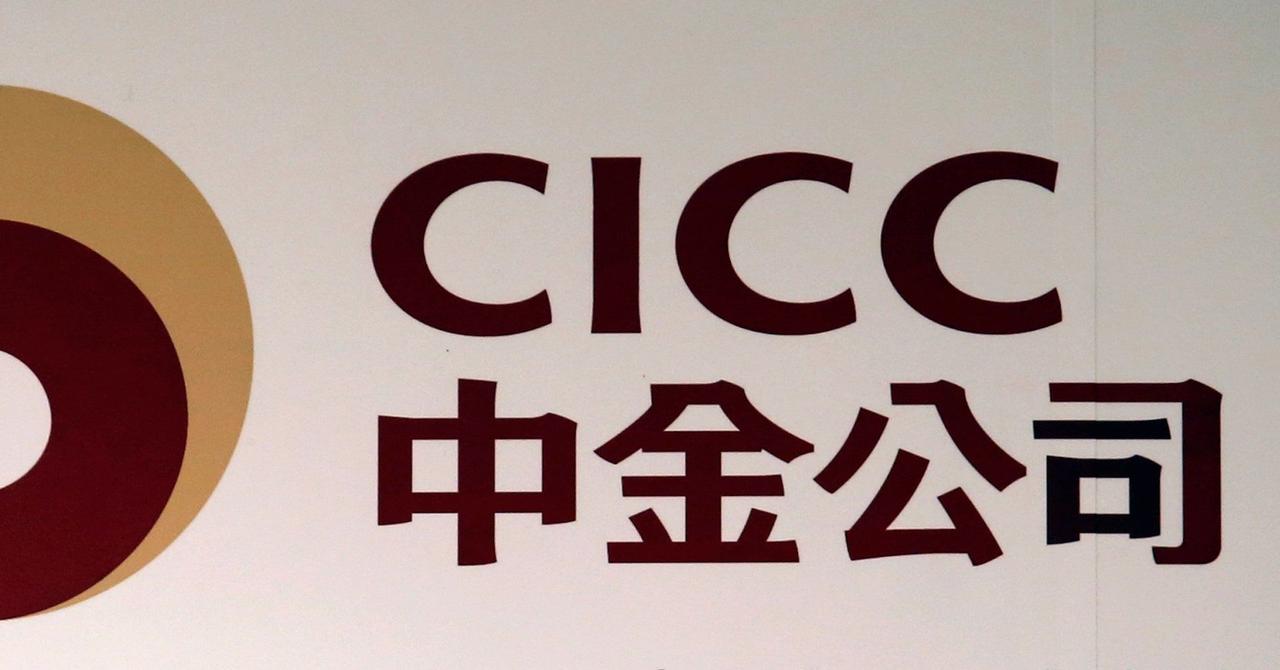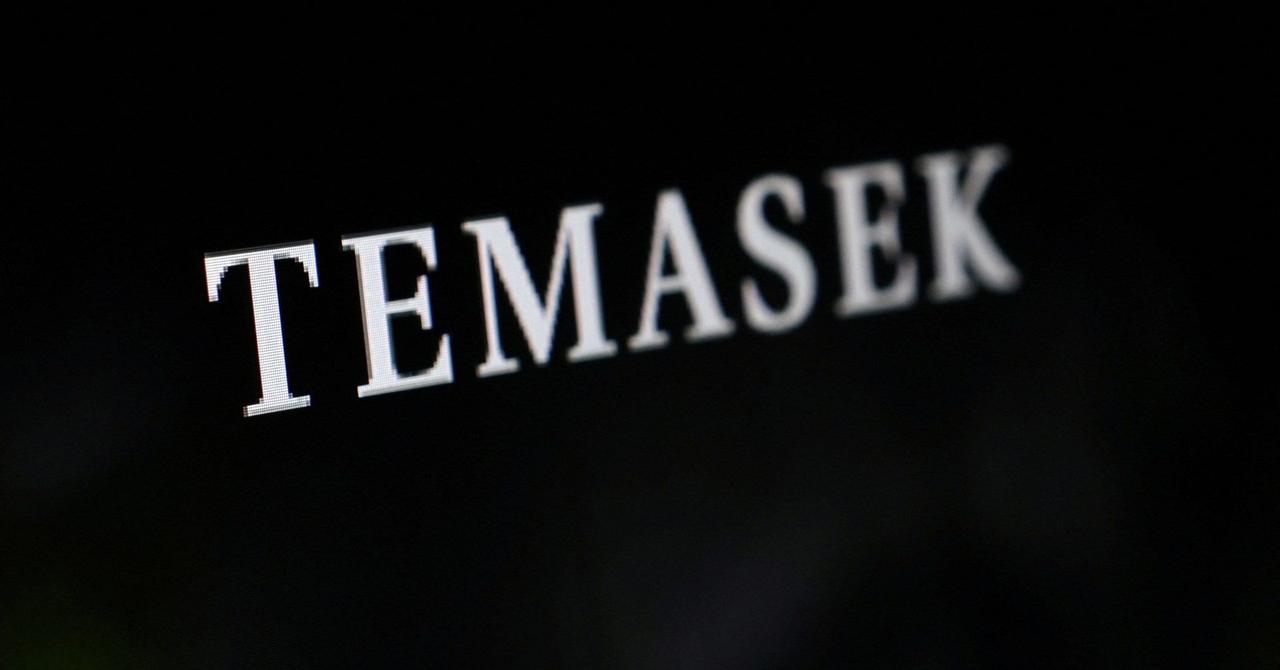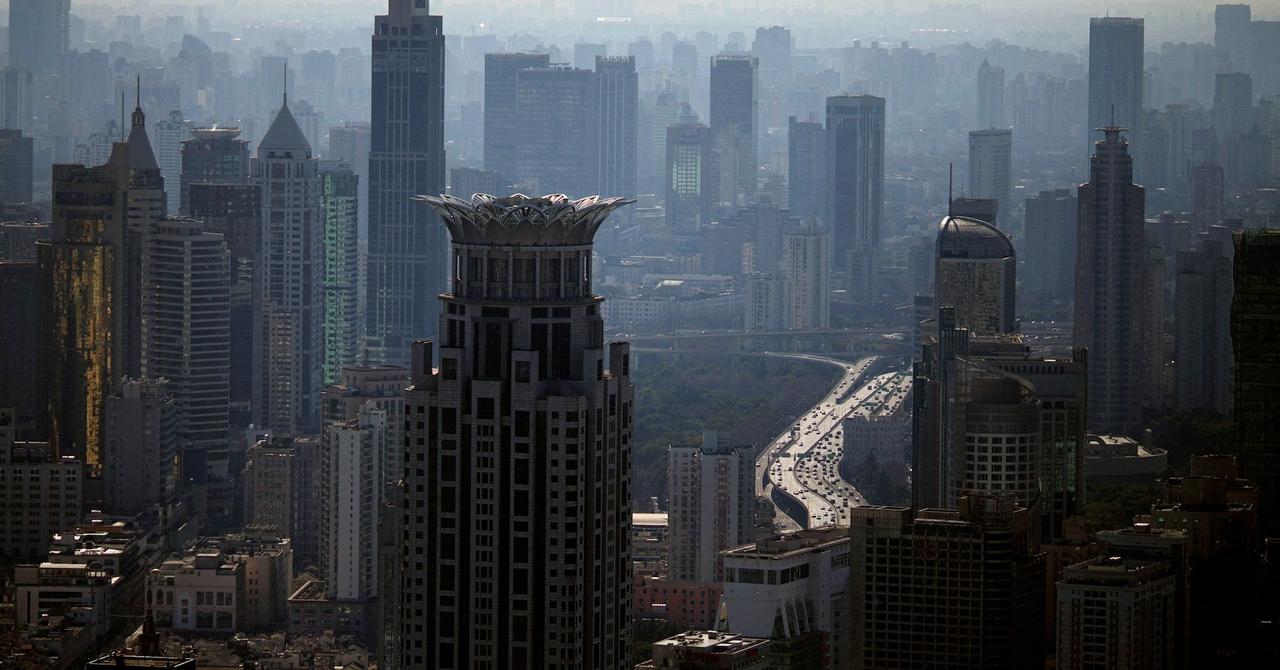Singapore's GIC Reports Lowest Investment Returns in Four Years Amid Global Economic Challenges
2 Sources
2 Sources
[1]
Singapore's GIC posts weakest investment gains in four years
SINGAPORE, July 24 (Reuters) - Singapore sovereign wealth fund GIC's main gauge of investment return posted its weakest growth in four years, and said high interest rates, China economic difficulties and geopolitical tension would keep the investment environment challenging. GIC on Wednesday posted a 3.9% rise in 20-year annualised real return, its main performance gauge, compared to 4.6% last year. The pace of growth was the slowest since its 2.7% investment return in 2020. The fund manages $770 billion assets according to estimates from the Sovereign Wealth Fund Institute, and is one of the three entities that manage Singapore's reserves. GIC ascribed the lower returns in the latest 20-year period to the exclusion of the 2004 fiscal year, when the equity markets staged an exceptional rebound following the dot-com crash. "That exceptional year contrasted starkly with the lower returns of recent years due to weak returns in fixed income and global equities, particularly in emerging markets," it added. GIC does not disclose one-year results or the value of its assets under management. In its investment report, GIC said that the higher-for-longer interest rates, macroeconomic challenges in China related to its property market, and heightened geopolitical tensions would limit investment gains. "Moreover, medium-term return prospects remain low, and risk-reward less favourable, given elevated valuations across many risk assets, particularly in developed markets," the firm said. GIC still sees opportunities in the U.S., its single largest country exposure, regardless of the outcome of upcoming elections, its Chief Executive Officer Lim Chow Kiat told Reuters. "We, of course, do not know what the outcome will be. But we do pay attention to what could potentially be the policies," he said. In particular, he cited tariffs and trade restrictions that affect global growth and inflation. GIC's exposure to the U.S. grew to 39% of its total investment portfolio in the year ending March 31, 2024, from 38% the same period a year ago, according to its report. The U.K and Eurozone rose to 5% and 10% from 4% and 9% respectively, while exposure to Japan alone and to Asia, excluding Japan, dropped to 4% and 22% from 6% and 23% respectively, its report showed. It does not disclose China's share. As China faces slower economic growth, GIC said it was becoming more selective and seeking opportunities including in advanced manufacturing and industrials, as well as niche areas such as residential-for-rent businesses. GIC's group chief investment officer Jeffrey Jaensubhakij said the aim was to ensure the fund was not as exposed to areas where it believes "the supply and demand prospects are not so good". Apart from GIC, the other two entities that manage Singapore's reserves are the central bank, the Monetary Authority of Singapore, and state investor Temasek. Temasek said earlier this month that its net portfolio value had returned to growth with a 1.8% gain, adding that profits from investments in the U.S. and India helped compensate for underperformance in China. GIC said that it expected upside from the faster adoption and productive use of artificial intelligence, although it cautioned many early-stage AI businesses commanded high valuations. Its AI investments include data company Databricks and data and AI governance platform Atlan. GIC said the climate transition represented investment opportunities given the volatility affecting sectors such as green steel and battery storage. (Reporting by Yantoultra Ngui and Xinghui Kok; Editing by Sumeet Chatterjee and Barbara Lewis)
[2]
Singapore's GIC looks to buy western groups' China units
Singapore's GIC, one of the world's biggest institutional investors, has said it will seek to buy stakes in multinational companies' China units if they exit the country amid slowing growth and rising geopolitical tensions. The sovereign wealth fund, which has estimated assets of more than $700bn, outlined the strategy as one way it would continue to invest in China, in its annual results presentation on Wednesday. "There are companies that are rethinking, or have rethought, their focus and exposure in China . . . and are looking to de-risk, or sell down entirely, their businesses," said Jeffrey Jaensubhakij, GIC chief investment officer, in an interview with the Financial Times ahead of the results. "If the right asset comes at the right price, because someone has made a change in strategic direction, then it's an opportunity," he explained, adding that GIC would look at buying into such units as a co-investor, alongside private equity firms. GIC has been an important backer of China's economic boom over the past two decades -- investing in real estate, and in Ant Group, whose planned initial public offering was halted by regulators in 2020. Last year, however, the FT reported that GIC had put the brakes on private investments in China as it rethought its strategy. Jaensubhakij declined to name specific deals but said that "if we were looking at technology growth as the main area to deploy capital [in China] in the past, clearly we are looking at other interesting opportunities [now]". He added: "Over the last two or three years, when foreign investors have decided to exit China . . . you can get decent valuations." Western companies have been working on plans to separate or reduce their exposure to Chinese operations in recent years, with options including partial divestments and splitting off units. For example, in June 2023, the FT reported that AstraZeneca had drawn up plans to break out its China business. Jaensubhakij said GIC, in addition to buying stakes from multinational companies, would look to invest in domestic consumer businesses and the green economy in China. A presentation by the sovereign wealth fund said China's "past growth model" had ended, but the country's "long-term fundamentals remain attractive". It cited a large population, "deep engineering talent pool", and "innovative entrepreneurs" -- although it acknowledged geopolitical risks would be difficult to resolve. GIC's comments come weeks after Temasek, Singapore's other state-owned investor, said it would be "cautious" about China after poor performance in the country hit its returns. GIC publishes relatively little detail about its investment performance and, unlike Temasek, does not reveal its returns over the past year. It argues that doing so would be "too short-term, in relation to [its] 20-year investment horizon". However, its results on Wednesday showed that over five, 10 and 20 years its average annual returns had underperformed a "reference portfolio" to which it compares itself, of which 65 per cent is global equities and 35 per cent is global bonds. Without adjusting for inflation, GIC made an average return of 4.4 per cent a year over the five years to the end of March, below the 7 per cent figure over the same period from the reference portfolio -- although the latter does not include costs and fees. After adjusting for inflation, GIC made an average return of 3.9 per cent a year over the past two decades -- its preferred time horizon -- down from 4.6 per cent a year ago. "The profound uncertainty we face is likely to continue to weigh on returns," said GIC chief executive Lim Chow Kiat in the report. GIC said the decline in performance was partly because last year's 20-year number included returns from an "exceptional" period in 2003-2004, which are no longer included in the calculation. But the group added that it was also partly due to a "conservative strategy in recent years", and weak returns from emerging market equities. GIC stressed that its portfolio, of which 18 per cent is in private equity and 13 per cent in real estate, was less volatile than the reference portfolio of stocks and bonds. Last year, the Singapore investor -- which is frequently one of the first names that buyout groups turn to when seeking to raise funds or find co-investors in deals -- warned that the golden age for private equity had "come to an end". Nevertheless, it reported that it exposure to the industry rose by one percentage point, to 18 per cent, in the year to March 31. GIC said it had become "one of the largest players" in the market for private equity secondaries: stakes in private equity funds bought from pension funds and from other investors needing to free up cash they had previously agreed to lock away for a decade. Last year, GIC bought stakes in more than 50 private equity funds, which in turn owned stakes in more than 500 companies, it said. Jaensubhakij said that if "you find a willing seller who needs the liquidity [and] is willing to take a little bit of a discount . . . you can step up your private equity allocation into secondaries, at a discount that allows you to earn slightly higher returns than you would have in the past". GIC also said it has started using generative AI tools to produce the first drafts of investment reports, as well as to help with its internal audit work and to answer due diligence questions about its private equity investments. It has a chatbot called ChatGIC, with a similar interface to ChatGPT, but used only for processing information "within a 'walled garden'". GIC -- which is owned by Singapore's government and chaired by Lee Hsien Loong, who stepped down as the city-state's prime minister in May after 20 years -- manages the country's foreign reserves.
Share
Share
Copy Link
Singapore's sovereign wealth fund GIC has reported its weakest investment gains in four years, reflecting the challenges faced by global investors in a volatile economic environment.

GIC's Performance Dips Amidst Global Economic Headwinds
Singapore's sovereign wealth fund, GIC, has reported its weakest investment performance in four years, highlighting the challenges faced by global investors in an increasingly complex economic landscape. The fund, which manages Singapore's foreign reserves, saw its 20-year annualized real rate of return fall to 4.6% for the year ended March 31, down from 5.2% in the previous year
1
.Factors Contributing to the Decline
Several factors contributed to GIC's subdued performance:
- Global market volatility
- Rising interest rates
- Persistent inflation
- Geopolitical tensions
These elements combined to create a challenging investment environment, affecting returns across various asset classes
2
.GIC's Investment Strategy and Portfolio Composition
Despite the headwinds, GIC maintains a diversified portfolio aimed at long-term returns:
- 35% in nominal bonds and cash
- 30% in developed market equities
- 15% in private equity
- 20% in real estate and infrastructure
The fund has been gradually increasing its allocation to private markets, which now account for about 40% of its portfolio
1
.Comparison with Other Sovereign Wealth Funds
GIC's performance aligns with the broader trend observed among sovereign wealth funds globally. For instance, Norway's sovereign wealth fund, the world's largest, reported a loss of 14.1% for 2022. Similarly, China Investment Corporation saw its overseas portfolio decline by 11% in the same year
2
.Related Stories
Future Outlook and Strategy
Looking ahead, GIC anticipates continued challenges in the investment landscape:
- Heightened market volatility
- Ongoing geopolitical tensions
- Potential economic slowdowns
In response, the fund plans to maintain its focus on long-term value and exercise patience in its investment approach. GIC's chief executive, Lim Chow Kiat, emphasized the importance of remaining "disciplined and nimble" in navigating the complex global environment
1
.Implications for Singapore's Economy
As a key pillar of Singapore's financial ecosystem, GIC's performance has broader implications for the city-state's economy. The fund's returns contribute to the government's budget and help finance long-term national priorities. While the recent dip in performance may raise concerns, GIC's long-term focus and diversified strategy aim to ensure sustainable returns for future generations
2
.References
Summarized by
Navi
[1]
Related Stories
China's State-Backed Banks to Launch $1 Billion+ Investment Funds in Southeast Asia, Targeting AI and Tech Sectors
31 Jul 2025•Business and Economy

Singapore's Economy Set to Strengthen in 2024, Central Bank Forecasts Growth Closer to Potential
18 Jul 2024

Temasek Joins $100 Billion AI Infrastructure Partnership with Microsoft, BlackRock, and MGX
13 Jun 2025•Business and Economy

Recent Highlights
1
ByteDance's Seedance 2.0 AI video generator triggers copyright infringement battle with Hollywood
Policy and Regulation

2
Demis Hassabis predicts AGI in 5-8 years, sees new golden era transforming medicine and science
Technology

3
Nvidia and Meta forge massive chip deal as computing power demands reshape AI infrastructure
Technology





